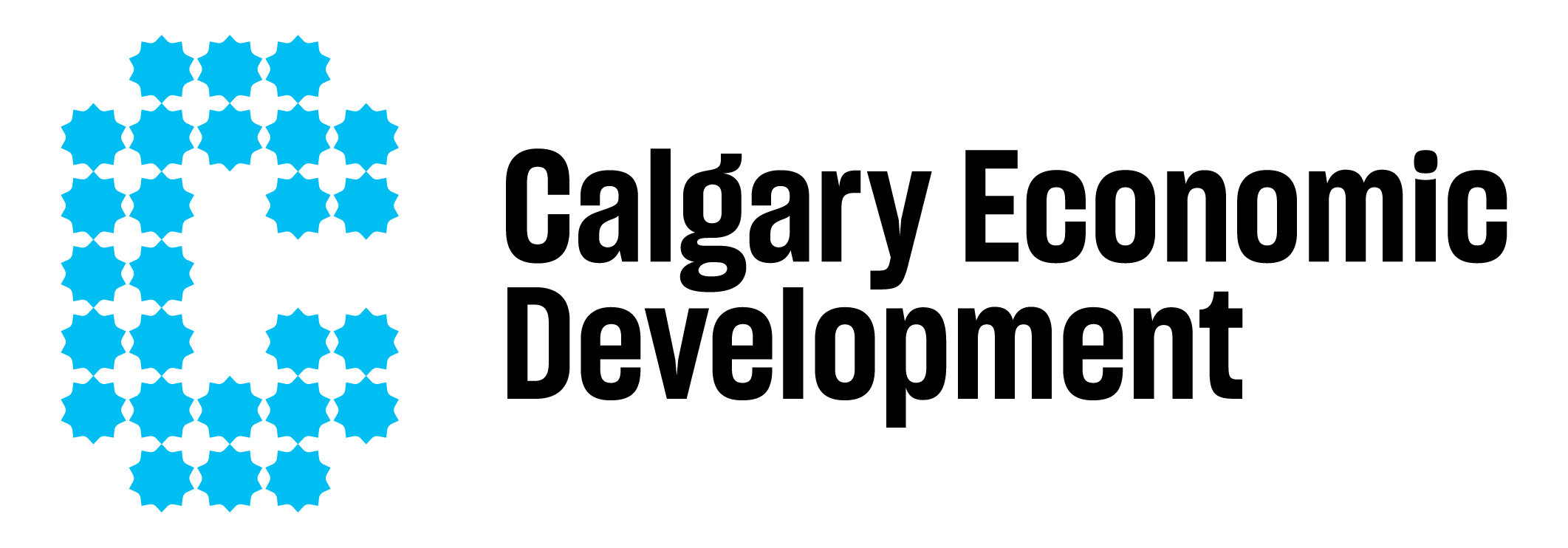The economic strategy Calgary in the New Economy envisions a city that embraces disruption as opportunities for individual and community growth – a destination for the world’s best entrepreneurs and innovators seeking a home base to solve global challenges.
The most recent New Economy LIVE event explored how the economic strategy can help Calgary’s workforce become more adaptable to global shifts and trends and develop abilities to create new opportunities for the city and community.
The event began with a presentation by Dr. David J. Finch, Professor and Senior Fellow, Institute for Community Prosperity, Mount Royal University, on how cities can truly become adaptable.
“In the last 40 years, a city’s prosperity was dependent on proximity to natural resources. It is now the ability to attract, retain, develop and mobilize talent – human capital,” said Dr. Finch. "What we need to do as a city is to evolve how Calgarians learn with a focus on principles of enabling competencies."
Enabling competencies, or transferable skills – like problem solving, collaboration, self-reliance, communication, core literacies, and workplace skills – are important career-building skills that make people more adaptable but commonly take second place to job-specific training in current educational systems.
In his presentation, Dr. Finch introduced a strategy of standardizing key skills and competencies at a city-scale. Competencies for Life, which aims to develop a common competency currency at the city level, helps Calgarians navigate personalized pathways to developing commonly understood learning outcomes.
“We have a unique opportunity in this moment in time to turn disruption into opportunity, but we need to be faster and acknowledge it,” said Dr. Finch.
Panelist Janet Lane, Director of the Human Capital Centre, Canada West Foundation, emphasized the importance of adaptability in this era of disruption and digitalization, where job-specific skills can become obsolete in one or two years.
“The city needs to have people who have learned the six components of adaptability – responsibility, perseverance, emotional regulation, and the capacity to set goals, make and carry out plans and to seek to constantly self-improve,” said Lane.
In an op-ed written with panel moderator Dexter Lam, Manager, Talent, at Calgary Economic Development, Dr. Finch explained how a lack of a common understanding around the language of enabling competencies can allow unconscious biases to influence judgments about people in the hiring process. Intuitive decision-making can also reinforce systemic exclusion of individuals and communities.
“we’re working on an Indigenization and decolonization process at the mount royal university that shouldn’t be limited to one institution, but a priority of society,” said dr. linda manyguns, associate vice-president Indigenization and decolonization, mount royal university. “i believe in all people making good decisions if they have the right information.”
“through our institutions of education, opening that knowledge and accessibility to that information and history so we can understand where our biases come from and how they are systemically embedded within society – we can erase divisions with education.”
(Editor’s note: mount royal university’s office of Indigenization and decolonization uses lower case text as Indigenous ‘eventing’ to support resistance and does not use capital letters except to acknowledge the Indigenous struggle for recognition.)
“A lot of people do know they need to be involved, but there are a lot of barriers to be involved. A city is only as resilient as its most vulnerable people,” said Anila Umar Lee Yuen, President and CEO, Centre for Newcomers. “In the things that you can control and your own sphere of influence, understanding your biases and how to move forward to a space of equity is the first step.”
“If we’re going to do this successfully, people need to think of themselves differently as broader contributors to community, but employers and educators also need to be much more flexible in their thinking – and all of this needs to be built on a base of equity,” said Calgary Mayor Nenshi.
“We have a city in Calgary where we have by far the most STEM-educated workforce in the country, yet we have a talent shortage because the person who graduated as a reservoir engineer doesn’t think of themselves as a highly-trained adaptable scientist who with micro credentialing can shift very quickly. Employers need to be a part of how to change this way of thinking as well.”
“We have one of the most livable cities in the world, that’s a competitive advantage, said Hanif Joshaghan, Co-Founder and CEO, Symend. “The more we do to accelerate the availability of talent to scale, the better off we will be.”
“I’ve lived in Toronto, Chicago, New York – there’s no other city where a Middle Eastern immigrant and refugee has had as many doors seamlessly opened to them simply based on merit. Where everybody is enterprising. We have something incredibly unique – it’s the combination of a small town and Wall Street here.”
The complimentary New Economy LIVE events explore the pillars of the economic strategy: Talent, Place, Business Environment and Innovation and their importance to a vibrant economy. For event videos, visit Calgary Economic Development’s YouTube channel.
Want to share your insight on the city’s path forward to help shape Calgary’s future? Complete the economic strategy engagement survey on the Calgary in the New Economy page.

